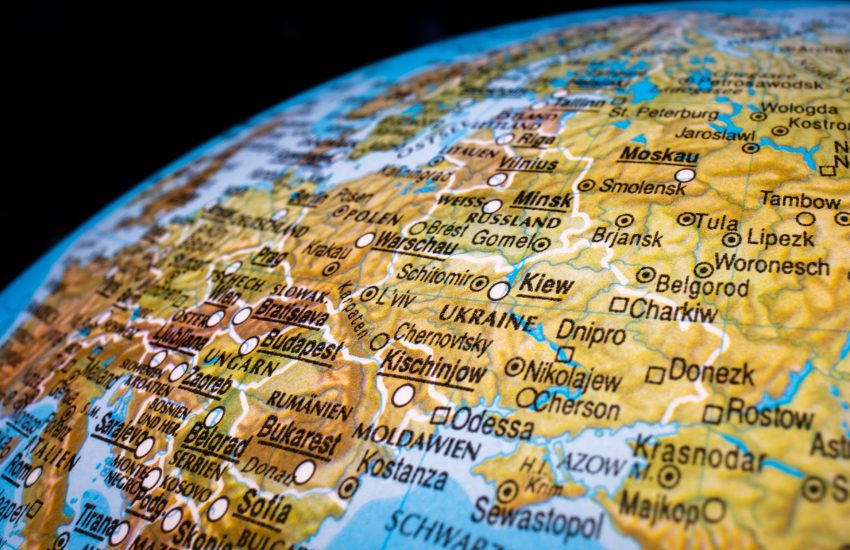Recently, I have been involved in repeated discussions about whether or not Russia (Putin) is justified in invading Ukraine. The main arguments (mostly propagated by Tik Tok, CTV, and RTV for obvious reasons) why Russia’s war of aggression against Ukraine is justified are. . .
The Ukrainians are actually Russians and they speak a Russian dialect!
The Ukrainian government is corrupt!
Putin is fighting globalism!
Below, I will discuss the validity or lack thereof of these arguments.
Continue reading





